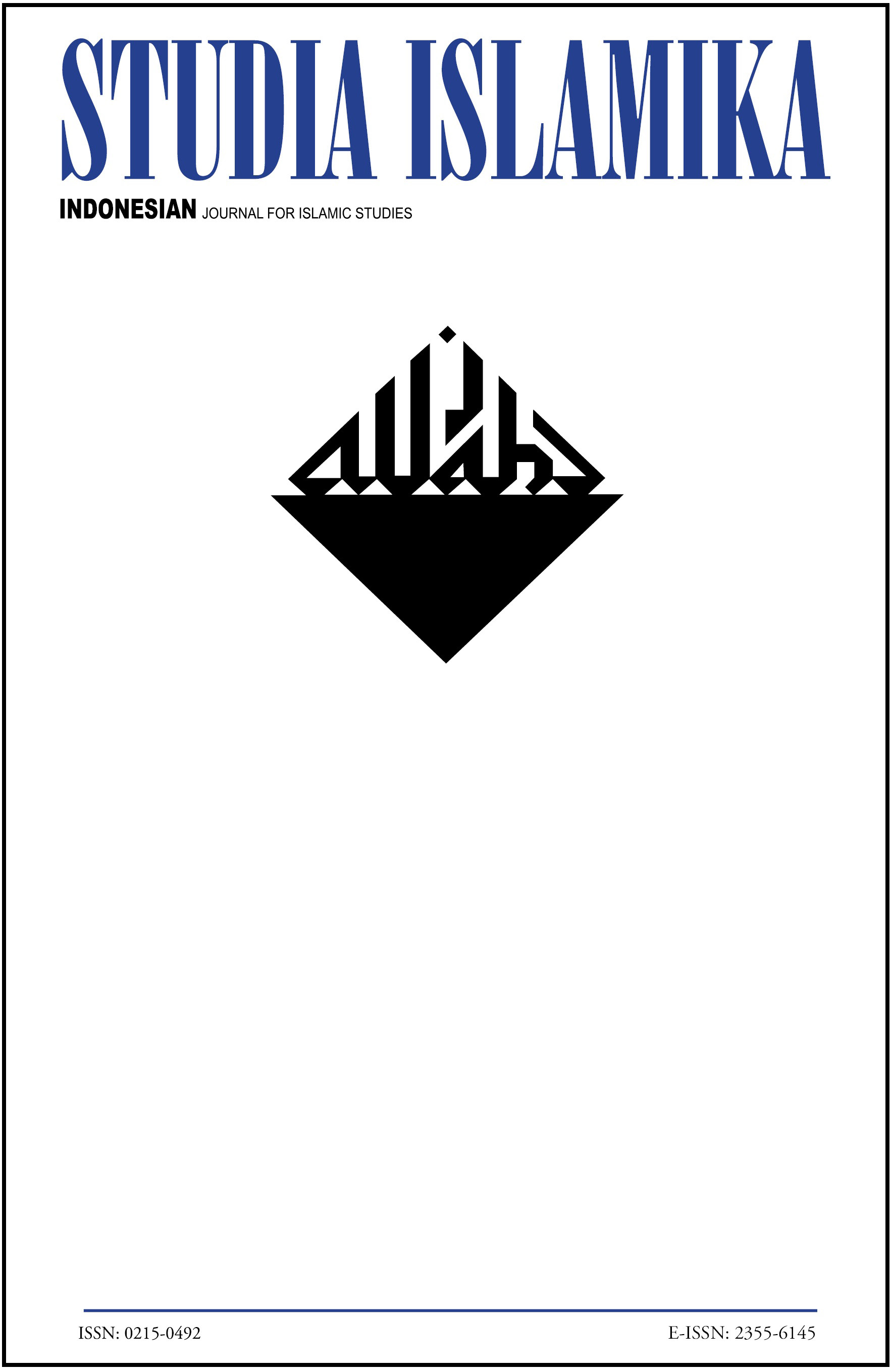Abstract
Religious violent extremism remains a problem for Indonesia. Recently, three consecutive attacks carried out by violent religious extremists — a suicide bombing in front of a Cathedral Church in Makassar South Sulawesi, the discovery of several prepared high explosive bombs in Condet Jakarta, and a female lone wolf attack on the Indonesian Police Criminal Investigation Agency — shocked the public (Fakta-data di Balik Bom Bunuh Diri, 29 Maret 2021; Polisi sebut Terduga Teroris Condet & Bekasi, 2021; Teroris Penyerang Mabes Polri, 2021). It may not be surprising since there were some early indications from various studies that some Indonesian people still have religious attitudes and behaviors that are exclusive, closed, anti-citizenship, anti-state, and even pro-violence (PPIM, 2016, 2017, 2018; Puspidep, 2017, 2018). The PPIM study results (2018) show that around 58.5 percent of students tend to be religious radical, and 51.1 percent tend to be intolerant to differences within Muslim groups. Then, as many as 34.3 percent of students are intolerant to non-Muslim groups. Radical views that are intolerant toward those who are different are the first step to violent extremism. These studies are a reminder that violent extremism is a problem for all of Indonesian society. Therefore, PPIM surveyed the perceptions of the public, students, teachers, and Indonesian Members of Parliament on violent extremism.Authors who publish with this journal agree to the following terms:
- Authors retain copyright and grant the journal right of first publication with the work simultaneously licensed under a Creative Commons Attribution License that allows others to share the work with an acknowledgement of the work's authorship and initial publication in this journal.
- Authors are able to enter into separate, additional contractual arrangements for the non-exclusive distribution of the journal's published version of the work (e.g., post it to an institutional repository or publish it in a book), with an acknowledgement of its initial publication in this journal.
- Authors are permitted and encouraged to post their work online (e.g., in institutional repositories or on their website) prior to and during the submission process, as it can lead to productive exchanges, as well as earlier and greater citation of published work.
Downloads
Download data is not yet available.

